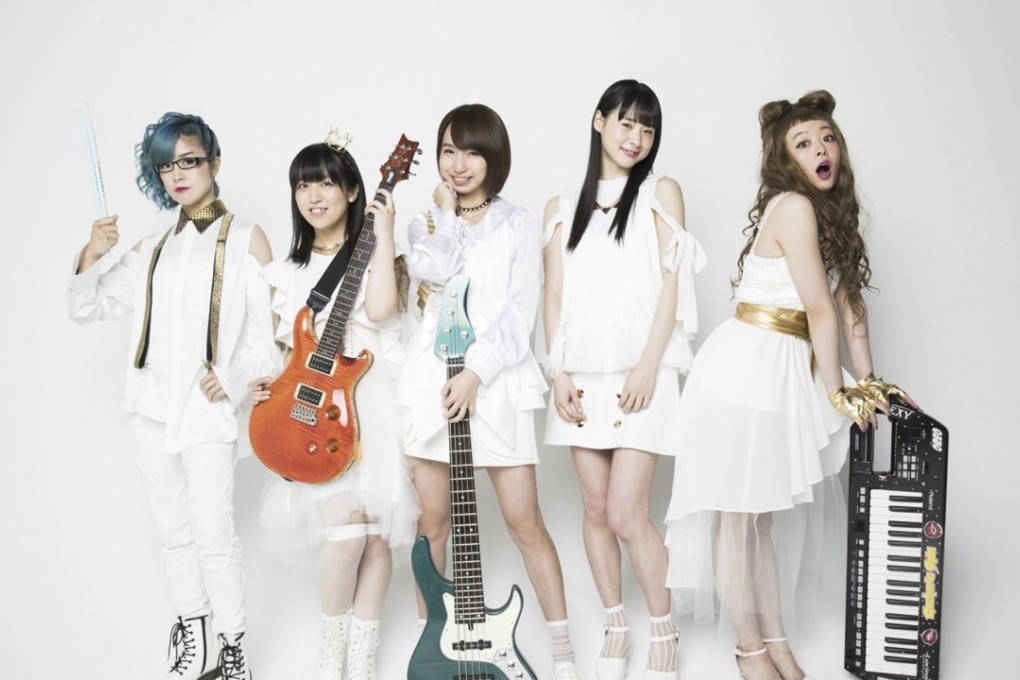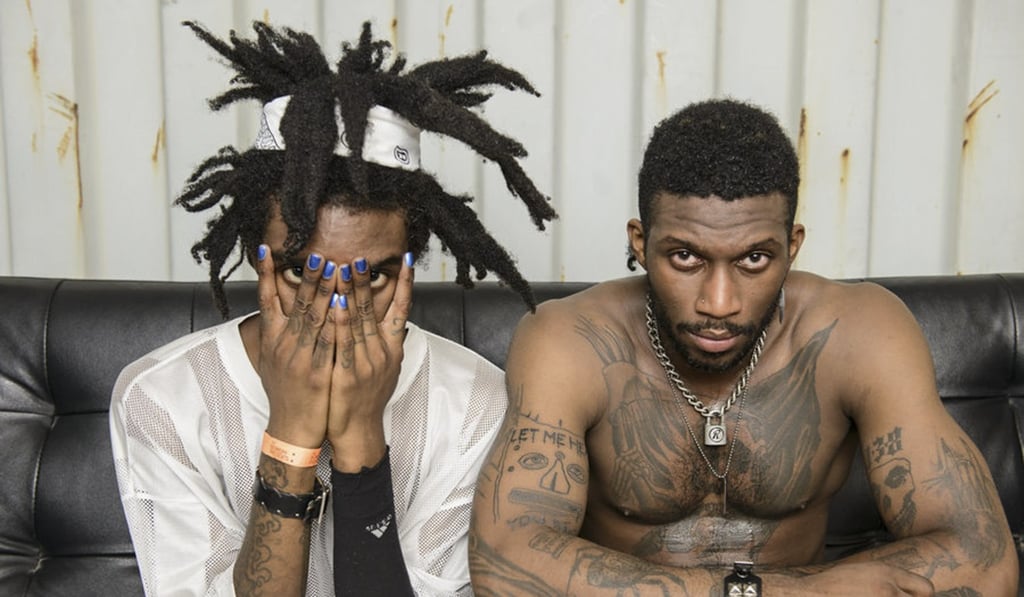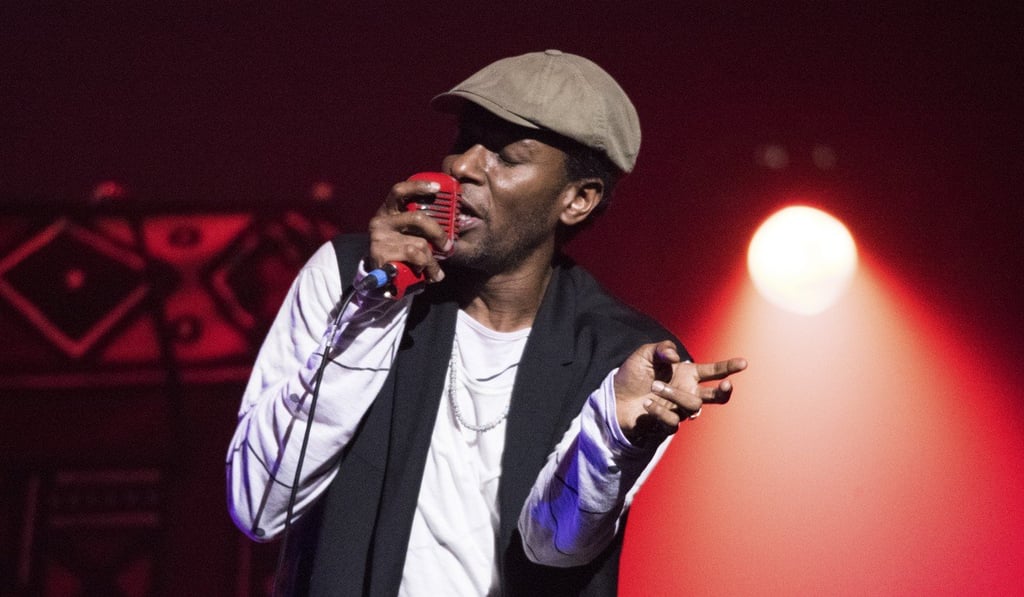Princess Nokia, Thurston Moore in eclectic line-up at Shanghai Concrete & Grass Music Festival
The names may not be as big as in previous years due to bureaucracy and indecisive artists, but tickets are selling fast and the third edition of the festival promises something for everyone

Name changes, headliner no-shows and torrential downpours. As it approaches its third year, Shanghai’s Concrete & Grass Music Festival may still be in its infancy, but already it’s had a colourful history within the context of mainland China’s general climate of censorship and uncertainty surrounding live music events.

It might not be a line-up with as many eye-catching names as previous editions, but it’s a collection of artists that rewards exploration. And in many ways, it’s quite an achievement that the festival is being held at all.
Beijing indie rock band Carsick Cars reform for Shanghai music festival, but jury’s out on permanent reunion
After Split Works’ Black Rabbit Festival was cancelled in 2012 due to concerns over “the politically sensitive September/October period”, the Shanghai and Beijing-based promoters got back into the festival game in 2015 with Echo Park. Headliners included My Chemical Romance frontman Gerard Way, pop singer Kelis and hip-hop duo Black Star (Yasiin Bey and Talib Kweli), though after Bey (previously known as Mos Def) pulled out at the last minute, the festival ended with Kweli taking to the stage alone.

Having rushed to get word out about the now-named Concrete & Grass Music Festival and its headliners Stephen Malkmus and The Jicks, The Cribs and Hong Kong’s Edison Chen, the organisers suffered a further setback when two typhoons swept through the region in the preceding days. The effects of the first essentially undid their initial site preparations overnight, while the second brought heavy rain to the festival on Saturday night, curtailing the second stage’s schedule.
Massive Attack, Feist to headline Hong Kong’s Clockenflap festival 2017
You’d think they were due a break this year, but a slower-than-usual permit approval process combined with indecision from some artists meant that the line-up was only fully released on August 29, a month later than planned.